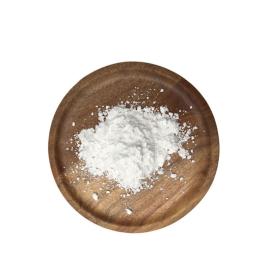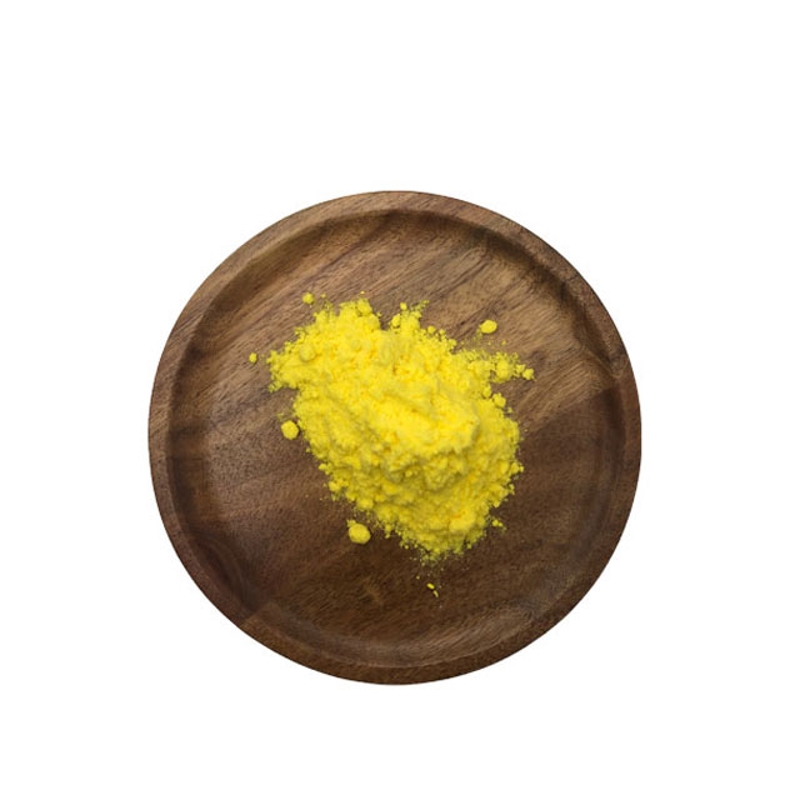-
Categories
-
Pharmaceutical Intermediates
-
Active Pharmaceutical Ingredients
-
Food Additives
- Industrial Coatings
- Agrochemicals
- Dyes and Pigments
- Surfactant
- Flavors and Fragrances
- Chemical Reagents
- Catalyst and Auxiliary
- Natural Products
- Inorganic Chemistry
-
Organic Chemistry
-
Biochemical Engineering
- Analytical Chemistry
- Cosmetic Ingredient
-
Pharmaceutical Intermediates
Promotion
ECHEMI Mall
Wholesale
Weekly Price
Exhibition
News
-
Trade Service
Metastatic castration-resistant prostate cancer (mCRPC) is still a fatal disease, with an overall survival (OS) of 2-3 years
.
Overcoming the immunosuppressive barrierin the prostate tumor microenvironment (TME) isthe key to improving the outcome of prostate cancer (PC) treatment
Metastatic castration-resistant prostate cancer (mCRPC) is still a fatal disease, with an overall survival (OS) of 2-3 years
Pixabay.
com
com
CD38 is an extracellular enzyme of the ribose cyclase family, expressed on the surface of immune progenitor cells
.
Its receptors, ligands and enzyme functions participate in the occurrence and progression of tumors by regulating immune regulation, metabolism, calcium-mediated signal transduction, cell adhesion and migration
CD38 is an extracellular enzyme of the ribose cyclase family, expressed on the surface of immune progenitor cells
To put it simply, CD38 is a drug-like exoenzyme
Recently, researchers have explored the expression characteristics of CD38 on prostate cancer (PC) epithelial cells and TIICs, and linked its expression to clinical results
Researchers for International Cancer / Prostate Cancer Foundation a total of 171 cases will be (SU2C / PCF) queue 159 patients with metastatic castration-resistant prostate cancer (mCRPC) patients and Fred Hutchinson Cancer Research Center in 63 patients in the cohort The mCRPC samples were analyzed by RNAseq
.
CD38 expression was scored by immunohistochemistry and correlated with clinical data collected retrospectively
fund
Clinical cohort overview
Clinical cohort overviewThe multiple immunofluorescence method was used to detect the expression of CD38 in PC biopsy tissues, and the negative binomial mixed model was used to analyze the difference of CD38+TIIC density in CSPC and CRPC biopsy tissues
.
Cox regression model was used for univariate and multivariate survival analysis
The analysis results show that the expression of CD38 mRNA in mCRPC is closely related to the up-regulation of immune signaling pathways
.
The expression of CD38 mRNA is related to interleukin IL-12, IL-23 and IL-27 signaling, as well as immunosuppressive adenosine and T cell failure signaling
The analysis results show that the expression of CD38 mRNA in mCRPC is closely related to the up-regulation of immune signaling pathways
The expression of CD38 in prostate cancer epithelial cells and benign epithelial cells
The expression of CD38 in prostate cancer epithelial cells and benign epithelial cellsThis study is the first study to describe the expression and potential clinical effects of CD38 on prostate epithelial cells and prostate TIICs.
It is hoped to evaluate CD38 as a prognostic biomarker for fatal prostate cancer and re-use CD38 targeted therapy to eliminate CD38+TIICs.
The potentially harmful effects of
.
The researchers found that CD38 is highly expressed on prostate TIICs with diverse phenotypes, and these cells are independently associated with worse OS
.
This study is the first study to describe the expression and potential clinical effects of CD38 on prostate epithelial cells and prostate TIICs.
It is hoped to evaluate CD38 as a prognostic biomarker for fatal prostate cancer and re-use CD38 targeted therapy to eliminate CD38+TIICs.
The potentially harmful effects of
.
The researchers found that CD38 is highly expressed on prostate TIICs with diverse phenotypes, and these cells are independently associated with worse OS
.
The researchers found that CD38 is highly expressed on prostate TIICs with diverse phenotypes, and these cells are independently associated with worse OS
.
The researchers found that CD38 is highly expressed on prostate TIICs with diverse phenotypes, and these cells are independently associated with worse OS
.
This is essential for exploring the development of PC biomarkers and treatments
.
CD38 can synergize and overcome the resistance of existing classic targeted therapies for adenosine synthesis, and its expression can predict resistance to existing therapies that block adenosine synthesis (such as anti-CD73 and/or anti-CD39 antibodies).
And to help patients choose a reasonable combination treatment plan
.
.
CD38 can synergize and overcome the resistance of existing classic targeted therapies for adenosine synthesis, and its expression can predict resistance to existing therapies that block adenosine synthesis (such as anti-CD73 and/or anti-CD39 antibodies).
And to help patients choose a reasonable combination treatment plan
.
CD38 can synergize and overcome the resistance of existing classic targeted therapies for adenosine synthesis, and its expression can predict resistance to existing therapies that block adenosine synthesis (such as anti-CD73 and/or anti-CD39 antibodies).
And to help patients choose a reasonable combination treatment plan
.
CD38 can synergize and overcome the resistance of existing classic targeted therapies for adenosine synthesis, and its expression can predict resistance to existing therapies that block adenosine synthesis (such as anti-CD73 and/or anti-CD39 antibodies).
And to help patients choose a reasonable combination treatment plan
.
In summary, these data support that the expression of CD38 on TIICs can be used as a potential prognostic biomarker, and also confirm the feasibility of using CD38 as a target for the treatment of lethal PC in the future
.
.
In summary, these data support that the expression of CD38 on TIICs can be used as a potential prognostic biomarker, and also confirm the feasibility of using CD38 as a target for the treatment of lethal PC in the future
.
These data support that the expression of CD38 on TIICs can be used as a potential prognostic biomarker, and also confirm the feasibility of using CD38 as a lethal PC treatment target in the future
.
These data support that the expression of CD38 on TIICs can be used as a potential prognostic biomarker, and also confirm the feasibility of using CD38 as a lethal PC treatment target in the future
.
Reference: CD38 in Advanced Prostate Cancers Christina Guo † Mateus Crespo † Bora Gurel Wei Yuan Johann S.
de Bono International SU2C PCF Prostate Cancer Dream Team Show all authors Show footnotes Open DOI: https://doi.
org/10.
1016/j.
eururo.
2021.
01.
017
de Bono International SU2C PCF Prostate Cancer Dream Team Show all authors Show footnotes Open DOI: https://doi.
org/10.
1016/j.
eururo.
2021.
01.
017 DOI: https://doi.
org/10.
1016/j.
eururo.
2021.
01.
017 Leave a message here







